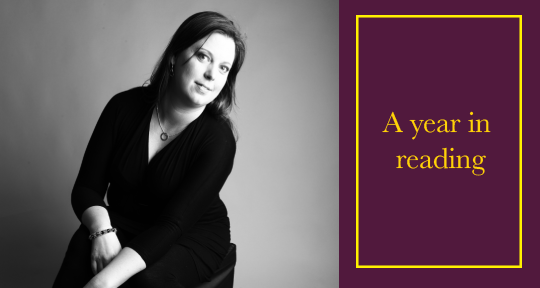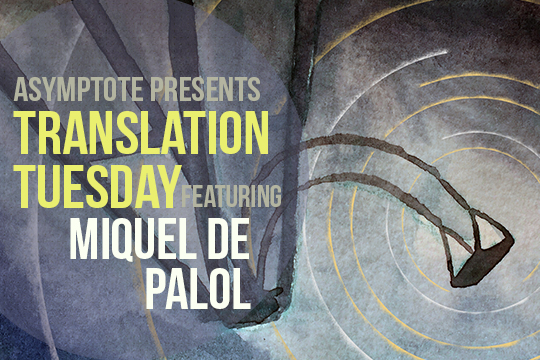In this week of literary updates, we discuss the blend of technology and literature around the globe—from a virtual imagining of the Popul Vuh in Guatemala, to the use of ChatGPT by the winner of a prestigious literary award in Japan, to an interactive exhibition of Wisława Szymborska’s poetry in Shanghai.
Xiao Yue Shan, Blog Editor, reporting for China
Despite having famously said, in an interview with Edward Hirsch, that “it isn’t possible to save mankind”, Wisława Szymborska displayed no shortage of compassion towards humanity and its messes, surging always towards a more enriched penetration into people, the layered fabric of their histories, and the immense variegations of their natures. In China, funnily enough, most people likely became aware of the Polish poet through a celebrated graphic novel by the Taiwanese artist Jimmy Liao;《往左走,往右走》(published in English as A Chance of Sunshine) is a story about destiny and its aloneness—depicting two individuals who walk separate paths but are unified by the same experiences. In it, Liao borrows the following lines from Szymborska’s “Love at First Sight”:
They’re both convinced
that a sudden passion joined them.
Such certainty is beautiful,
but uncertainty is more beautiful still.
That same tension between unity and undeniable difference is consistently offered through Szymborska’s corpus, and is central to a new exhibit in Shanghai centred around her works, held at Qiantan L+Plaza from April 1 to May 15. Composed of interactive installations, performances, and graphic poetic representations, “我偏爱“ (I prefer) is a valiant effort to iterate the complexity of the poet’s exquisite awareness, and aspires towards both a sense of communion and a defense of individuality. True to its vision of dialogic action, as well as honouring literature’s confessional and communicative capacities, there are surveys to fill out, votes to cast, letters to open, and a telephone to pick up. READ MORE…






